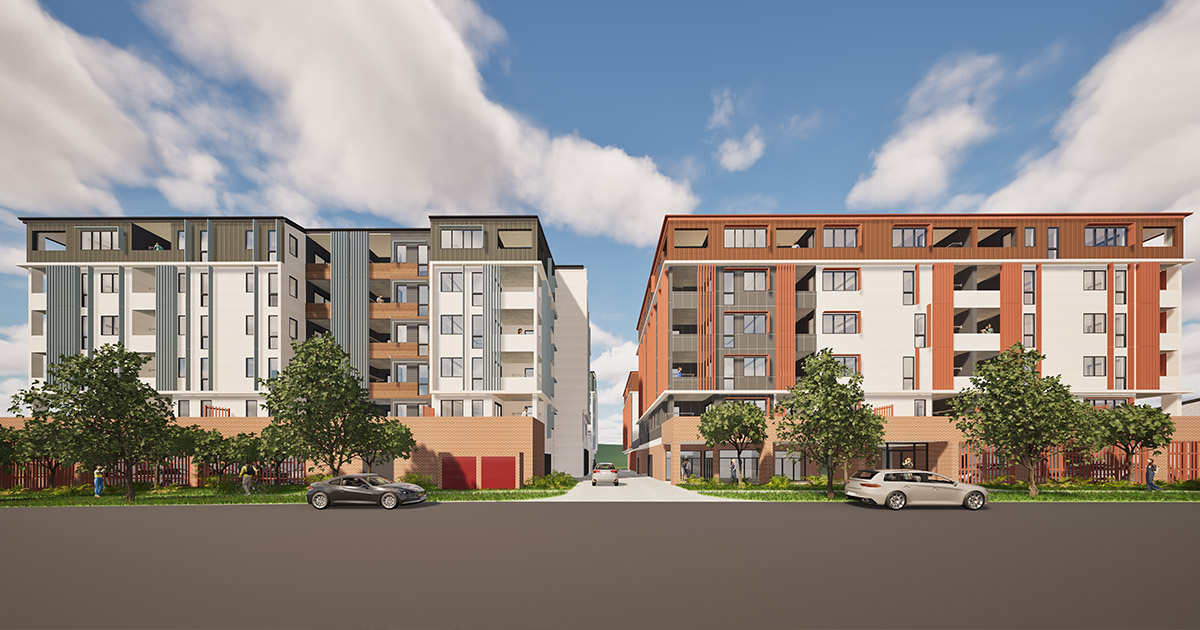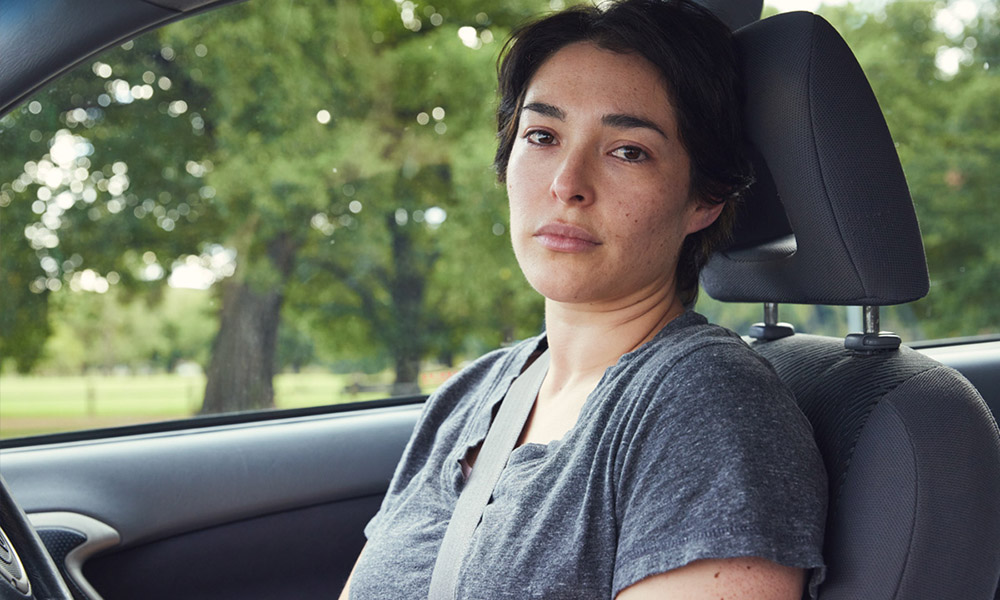1 in 20 young Australians plunged into first-time homelessness during pandemic
- Details
Mission Australia’s Without a home: First-time youth homelessness in the COVID-19 period report reveals almost one in 20 young people aged 15 to 19 who responded to Mission Australia’s Youth Survey 2021 were homeless for the first time during the pandemic. Worryingly, this is a significant increase since 2017, when almost one in 25 young people had recently been pushed into first-time homelessness.
The new report reveals young Australians who recently faced youth homelessness during COVID-19 experienced high levels of psychological distress, negative impacts on wellbeing, family conflict, discrimination and other pressures.
These young Australians were first-time homeless either with or without their families, and recently spent time without a fixed address, living in a refuge or transitional accommodation, or spent time away from home because they felt they couldn’t go back.
Mission Australia’s CEO, Sharon Callister said: “While many people were fortunate enough to take sanctuary in safe, secure homes during the COVID-19 pandemic, almost one in 20 young people were plunged into homelessness for the first time in their lives.
“This report shows just how harmful the experience of youth homelessness can be for a young person’s wellbeing, their life and their future.
“Through our Youth Survey 2021, young people who were homeless for the first time during the pandemic said they faced the torment of enormous psychological distress, family conflict, discrimination and a range of other pressures.
“It’s clear that for young people, homelessness can often be incredibly isolating, destabilising and traumatic. This can have a ripple effect on their lives without access to the right intervention.
“Sadly, for Mission Australia’s practitioners and others who have been working with young people during the pandemic, these findings are not a surprise. Yet we must not accept this as just the way things must be.
“Shining a light on these young people’s experiences and the risk factors, including family conflict, poor mental health and discrimination, must lead to strong intervention and preventative action.
“We cannot do nothing while young people are forced into homelessness at such a crucial time of their lives. Too many are missing out on important education and employment opportunities without the stability of a safe place to call home.”
In response to the findings, Mission Australia says more must be done to improve the wellbeing and address the concerns raised by young people who are homeless or who have been homeless.
Ms Callister said: “All young people should have a safe place to call home.
“I have seen young lives turned around and transformed by our services, and yet still, too many young people are falling through the cracks of the service system.
“The need for a comprehensive approach to end youth homelessness in Australia has never been more urgent.
“Early intervention is key and we urge governments and others to do everything it takes so young people are adequately supported to avoid homelessness, reach their full potential and thrive.
“We’re delighted that the Federal Government has committed to a National Housing and Homelessness Plan, which will be critical for coordinating efforts to end homelessness in Australia. Actions under this new Plan must be adequately funded so they can be effectively implemented.
“While the Government has also made a welcome $10 billion commitment to new social and affordable homes, more investment is needed, as are increased rental subsidies and more youth-specific housing-and-support models across Australia.
“Schools and community services must also be well resourced and bolstered to help ensure the wellbeing, safety and security of young people and their families who are homeless or on the cusp of homelessness.”
The report shows young females were twice as likely as young males to have gone without a safe home during the pandemic.
Almost half (49.3%) of young people who had been homeless for the first time during COVID-19 were personally concerned about family conflict and more than one-quarter (28.0%) were personally concerned about domestic and family violence.
More than half (55.5%) of young people who had faced first-time homelessness experienced psychological distress. Alarmingly, almost one in three (32.1%) young people who were forced into homelessness during COVID-19 felt very sad/sad, over a third (35.8%) rated their mental health and wellbeing as poor, and a quarter (25.0%) felt negatively about the future.
More than half (55.6%) of young people who had been recently first-time homeless stated they experienced unfair treatment or discrimination, mostly due to mental health, gender or sexuality.
Close to half (45.4%) of these young people said COVID-19 had negatively impacted their friendships, and two in five (40.8%) said their employment had been impacted.
Read the report
Without a home: First-time youth homelessness in the COVID-19 period report
Summary booklet: Without a home: First-time youth homelessness in the COVID-19 period
Related media releases
Read about what we’ve been working on, our stance on important social issues and how you make a difference to vulnerable Australians' lives.

Mission Australia says more housing & homelessness investment needed in NSW Budget

Ground-breaking ceremony launches Toowoomba housing project

